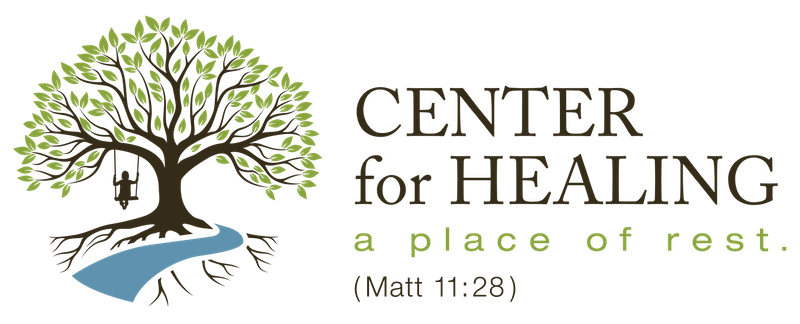
"And forgive us our trespasses, as we forgive those who trespass against us:" (Matthew 6:12) Every Christian knows that he is supposed to forgive his neighbor, and growing up I always thought of that as a favor, a kindness, that Jesus expected me to do for my neighbors. It seemed unkind to hold a grudge and growing up, with mostly just kid-sized problems, that wasn't too hard. When I was in middle school and high school things got a lot more complicated and the "trespasses" got a lot more painful.
During my 8th grade year, I spent two weeks in bed with a stomachache that no doctor could explain and I couldn't go to school. Fortunately, my wise mother took the time to ask me what was making me so sad that I didn't want to go to school, and I was able to tell her that the teasing and cruelty I experienced each day were making me miserable. She gave me the chance to say out loud how angry I was at my peers who treated me so badly and at the teachers for never making them stop. She let me cry and cry, then she reminded me that eventually I would need to forgive them. I said with all the spite my young heart could muster that I would NEVER forgive them!
I had to learn the hard way, as many of us do, that forgiveness is not a favor that we do for our neighbor, it is a prerequisite for our own emotional freedom. Many of us live with a grudge of one kind or another at a constant simmer in our hearts. We search for emotional healing and can't figure out why we don't feel better and no one seems to understand how we feel. We may no longer even remember the circumstances surrounding the wound, all we know is that our blood boils when anything reminds us of it. Maybe that hurt is from our childhood, and that simmering anger is all we've ever known, or maybe the hurt is fresh and we haven't even had time to grieve the loss the injustice done to us has caused.
Let me be clear about something: forgiveness is about trespasses, that is, real injustice, something done to us either accidentally or intentionally that did real harm. It is about an actual offense. When God made us in His image (Genesis 1:26-27), He gave us the emotion of anger as our natural reaction to injustice. Anger is like an alarm that goes off when we see or experience injustice. It is a powerful feeling and is designed to make us move, make us DO something about the injustice that we see. That means that anger was put in us by God for a purpose. That means it is good.
But anger doesn't feel very good and it doesn't usually get the most positive reactions from the people around us, so we learn very early to redirect our anger, sometimes at ourselves, and to put that anger away where others won't see it. It doesn't really go away when we hide it, though. It becomes like a splinter in our skin, creating a wound that is sensitive to the touch. For that reason, when we finally come to the work of forgiveness, we have to be gentle with ourselves and those around us. The work of forgiveness is the work of addressing that wound, cleaning it out and exposing it to the light of God's grace. That was the work my mother began for me so many years ago. By acknowledging the real hurt I was experiencing, she gave me the chance to see that my hurt mattered and that there really was something to forgive. it wasn't until years later that I had the perspective that allowed me to see that the children who had been so unkind to me were just people, like me, who chose the wrong thing, like I so often do. Learning to return to those memories without bitterness and with gratitude for all the times I have received forgiveness, made it possible for me to look with honesty at the shame that all the teasing had created in me and begin to learn about myself and the person God created me to be.
The process of forgiveness as it is outlined in Dr. Robert Enright's Forgiveness Is A Choice allows us to reclaim our full humanity, by looking at the trepass against us and seeing the humanity of our neighbor. When "those who trespass against us" are seen as fully human persons with eternal destinies of their own, we can then choose to begin releasing the resentment to which we have a right and begin to experience the freedom in our own hearts that comes with letting go.
Cathy Durando, PLPC
Enright, Robert D. Forgiveness Is A Choice: APA Life Tools Publishing, Washington DC (2001)



